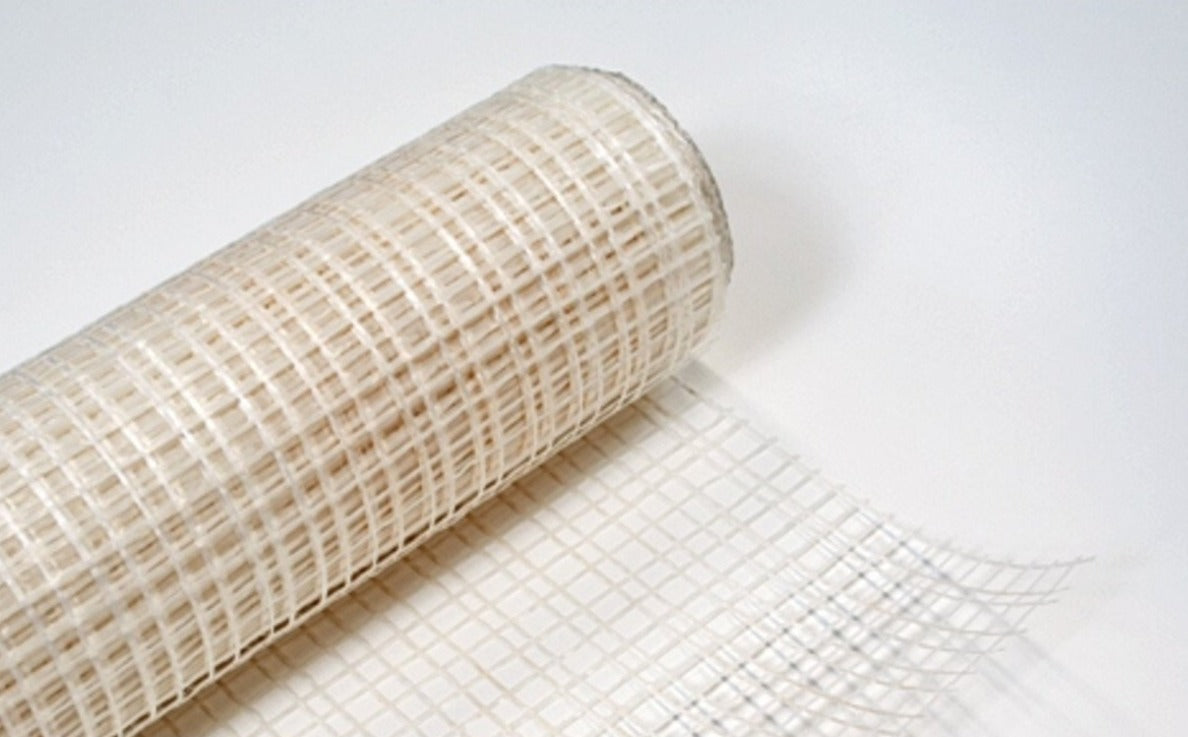AR Glass Fiber: The Ultimate Solution for Reinforcement

The global market for fiber reinforcement materials is projected to reach a value of $284 billion by 2025. As industries continue to seek lightweight and durable composite materials for their products, AR glass fiber has emerged as a game-changer in the market. With its unique properties and benefits, AR glass fiber has become a top choice for manufacturers and engineers alike.
What is AR Glass Fiber?
AR glass fiber, also known as Alkali Resistant glass fiber, is a type of reinforcement material that is chemically treated to resist strong alkali attacks. It is commonly used in the composite industry to reinforce concrete, gypsum, and several other industrial products. AR glass fiber is typically produced in two forms, i.e., chopped strands and continuous rovings.
Benefits and Properties of AR Glass Fiber
The unique characteristics of AR glass fiber make it a preferred choice for a variety of applications. Here are some of the key benefits and properties of AR glass fiber:
1. High mechanical strength: AR glass fiber has superior tensile and compressive strength, making it ideal for reinforcement in thin objects.
2. Corrosion resistance: AR glass fiber is treated to resist exposure to acidic environments and strong chemicals, ensuring its longevity.
3. Low impact on the environment: AR glass fiber is manufactured using fewer hazardous chemicals as compared to other fibers, making it less impactful on the environment.
4. Durability: AR glass fiber is resistant to UV rays and moisture, which increases its lifespan, even under extreme weather conditions.
Applications of AR Glass Fiber
AR glass fiber has a wide range of applications across several industries. Here are some of the industries that rely on AR glass fiber for their products:
1. Construction industry: AR glass fiber is widely used in the construction industry as a reinforcement material for concrete, dry-mix mortar, and gypsum products.
2. Automotive industry: AR glass fiber is used in the manufacturing of automotive parts, including underbody shields, door panels, and fenders.
3. Aerospace industry: AR glass fiber is being increasingly used in the aerospace industry for its lightweight and high strength properties.
4. Electrical industry: AR glass fiber is used in the manufacturing of printed circuit boards and other electrical insulation products.
Conclusion
AR glass fiber is undoubtedly among the top reinforcement materials in the composite industry. Its unique properties, high strength, durability, and resistance to harsh environments make it an exceptional solution for most industries. Whether in construction, automotive, aerospace, or electrical industries, AR glass fiber provides the ultimate reinforcement solution. With the growing demand for sustainable and eco-friendly materials, AR glass fiber has proven to be a wise choice that provides economic and environmental benefits.